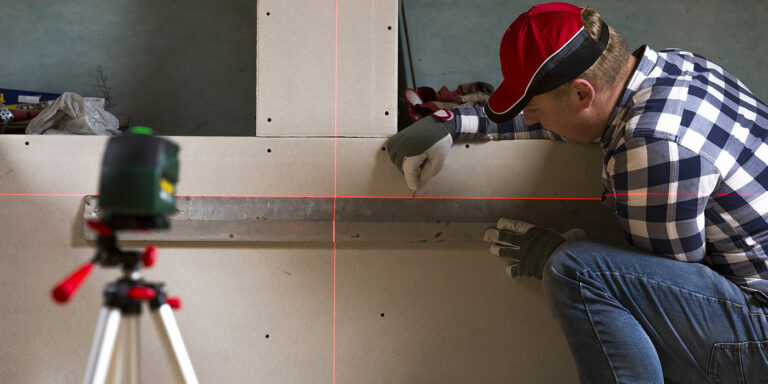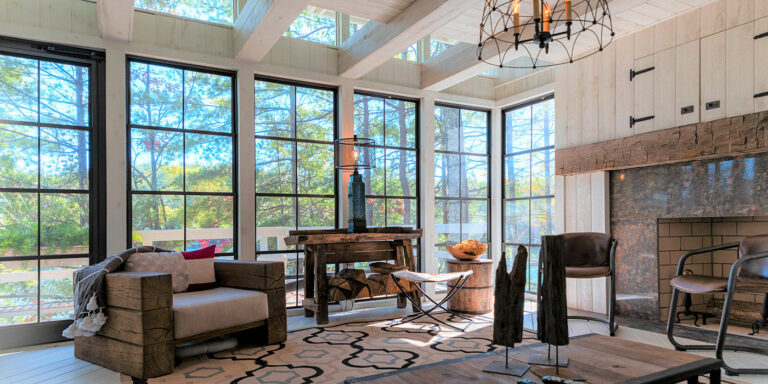Choosing the right wood glue can take the construction of your own workshop to the next level. From furniture building, woodworking and cabinetry making to even assembling outdoor projects, wood glue is versatile, and can be a critical part of the success and durability of your project.
While wood is relatively easy to work with, with its soft, porous surface that makes it easy to join pieces together with nails and screws, creating a truly permanent, strong chemical bond using the right wood glue will ensure long-term durability of your project. Read on to learn some important considerations for selecting the right wood glue for your project.
• PVA (poly-vinyl acetate) glue is a great and popular choice for many basic woodworking projects due to its ease of use, high tack yet ability to be re-positioned as you clamp, non-toxicity and strong, flexible bonds. It also cleans up easily with water and comes in special varieties depending on your application needs, such as how quickly you need the glue to set, application temperature, and if you are working indoors or outdoors.
• Polyurethane glue is very durable and cures in the presence of water. It bonds well to wood and many other materials and is waterproof. Because of this, it is a great choice for outdoor applications, and places where you need a very strong, tight bond.
• Cyanoacrylate, or super glue, bonds in a matter of seconds at room temperature, and is handy for quick repairs, like a split in a workpiece or chipped furniture components. It can bond dissimilar materials, and once cured, creates a rigid bond.
• Epoxy resin is a two-component material, consisting of a resin and a hardener that cures within hours after using it on a wooden surface. It can be cut, ground, and polished for different effects, and its range of options from low to high viscosity make it an ideal choice for use on wood and filling in gaps and cracks.



